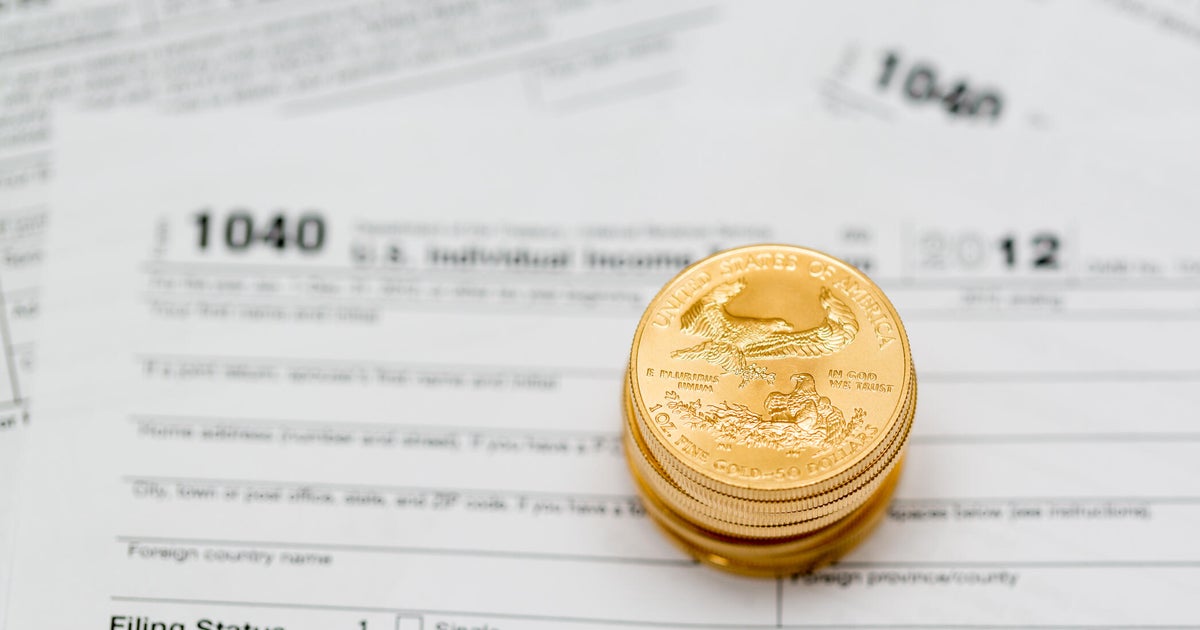Investing in gold for retirement: 4 things to know
As an investor, securing your financial future is a top priority, especially when it comes to retirement. You want to ensure you have enough savings to live a comfortable life without financial worries.
Gold is one that continues to be a popular choice. It offers many benefits to investors of all kinds, but especially those looking to protect their wealth for the future. Below, we'll discuss how gold can fit into your retirement plan, how to invest in it and what to consider before investing.
Learn more about gold investing by requesting a free information kit today.
Investing in gold for retirement: 4 things to know
Here's what you need to know to invest wisely in gold for your golden years.
Gold's benefits
Gold can be a reliable investment choice, especially for retirement when stability is key. It's a proven asset that has been used as a safe haven by investors throughout history. It has historically retained its value during times of economic or political turmoil when other assets falter. And when the U.S. dollar is weak, gold tends to be strong, providing a hedge against inflation to preserve your money for when you'll need it most.
Gold also has a low correlation with other assets such as stocks and bonds, which can help diversify your portfolio. While you should also invest in some higher-risk, higher-reward assets to maximize your returns, it's essential to balance them out with investments like gold to protect against any losses from these assets.
Types of gold investments
There are several ways to invest in gold for retirement, and which is best for you depends on your goals and preferences. Familiarize yourself with all of them so you can make an informed decision.
- Gold IRAs: Gold IRAs are great for retirement investing because they're specifically designed to be retirement savings accounts. You contribute money before you retire and take distributions after you reach a certain age, providing a reliable source of retirement income. Gold IRAs also come with tax benefits that relieve your tax burden either now or in the future.
- Gold ETFs: Gold ETFs (exchange-traded funds) are pooled investment funds that hold a "basket" of gold investments tracking the price of gold. They give you exposure to gold with lower investment minimums, lower costs and more hands-on control than some other gold investments.
- Gold mutual funds: Gold mutual funds are another type of pooled investment fund, this one holding shares of companies that operate in the gold mining industry. They offer the potential for higher returns than gold ETFs and come with professional management. That said, higher returns come with more risk, which should be taken into consideration.
- Gold stocks: You can also invest in gold stocks directly. These are shares in companies in the gold mining industry from which you earn a portion of their profits. While stocks are inherently riskier than other investment types, they could be a way to earn more early on in your retirement savings journey.
- Physical gold: Investors who like having a tangible asset they can see and feel might prefer physical gold (or bullion) such as gold bars and coins. That said, holding physical gold requires secure storage and insurance fees, so take this into account when deciding whether to invest.
Another gold investment you may hear about are gold futures. Futures are speculative investments that essentially bet on how much gold will be worth on a specific date. They require significant experience and, therefore, aren't typically suited for investors focused on retirement savings.
Begin exploring your gold investment options by getting a free investors kit here.
How much to invest
In general, experts recommend keeping 5% to 10% of your portfolio in gold. That said, your target portfolio allocation should change as you near retirement and become more focused on minimizing risk and preserving wealth.
The ideal allocation for you depends on your investing goals and expected financial needs in retirement. To find your target number, consult a financial advisor who can review these with you.
Tax implications
Different types of gold investments are taxed differently, and it's important to know how each type is treated when deciding which to invest in.
For example, physical gold is considered a collectible by the IRS and subject to a maximum rate of 28%. Other types of investments may be taxed at standard capital gains rates of 0%, 15% of 20%, depending on your tax bracket. Speak with a tax advisor before investing in gold to understand any potential tax implications.
The bottom line
Investing in gold for retirement is a smart move that can help secure your financial future. It can provide a diversified portfolio, a hedge against inflation and a stable source of passive income in your after-work years.
However, before investing in gold, it's essential to do your research, weigh the risks and costs of specific types of gold investments and understand any potential tax implications. A financial advisor can help you create a strategy that fits your investment goals and risk tolerance.




